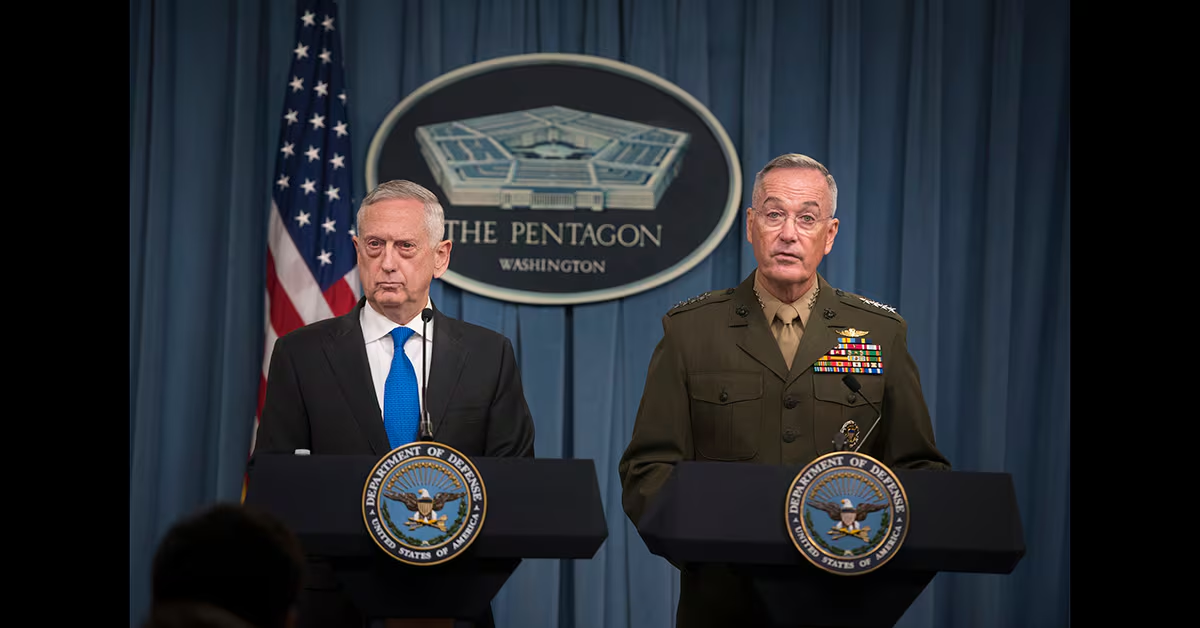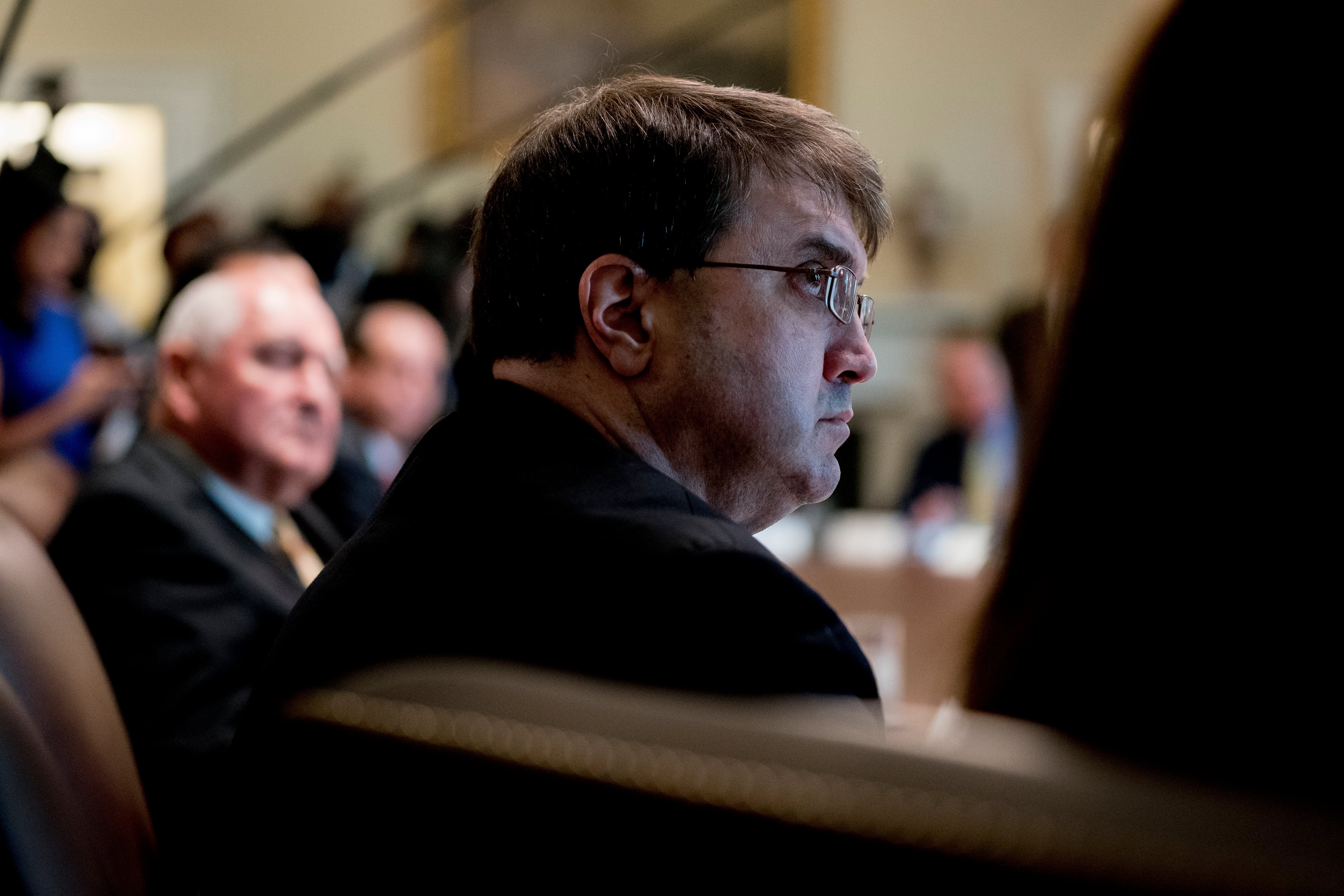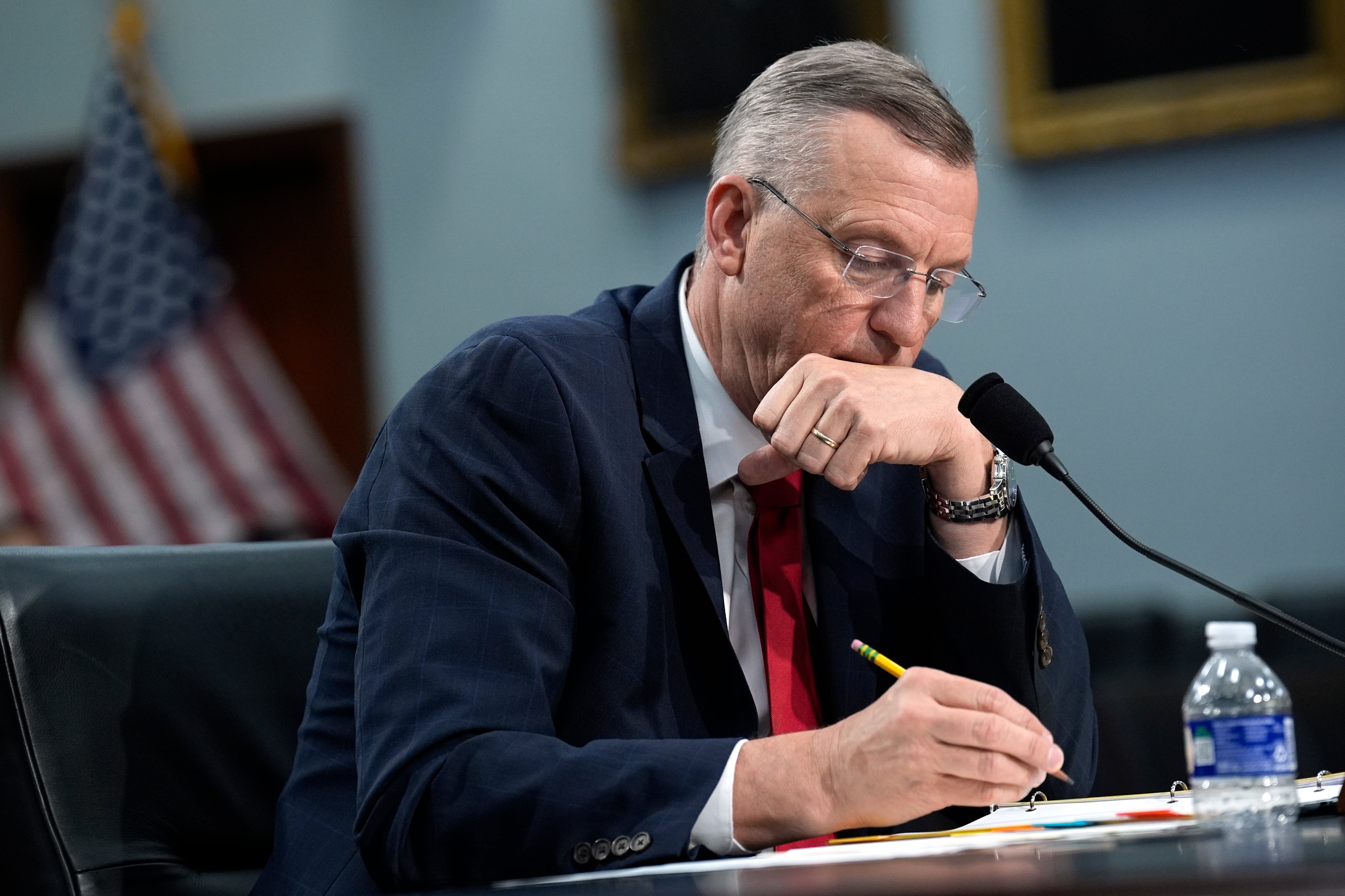WASHINGTON — The price tag of the ongoing “war on terror” in the Middle East will likely top $6 trillion next year, and will reach $7 trillion if the conflicts continue into the early 2020s, according to a new report out Wednesday.
The annual Costs of War project report, from the Watson Institute for International and Public Affairs at Brown University, puts the full taxpayer burden of fighting in Iraq, Afghanistan and Syria over the last 17 years at several times higher than official Defense Department estimates, because it includes increases in Homeland Security and Veterans Affairs spending, as well as new military equipment and personnel.
“Because the nation has tended to focus its attention only on direct military spending, we have often discounted the larger budgetary costs of the post-9/11 wars, and therefore underestimated their greater budgetary and economic significance,” the new report states.
RELATED

Direct military spending in Iraq and Afghanistan make up nearly $1.8 trillion in costs, but researchers estimate the long-term health care of veterans from those wars could equal or surpass that figure in coming decades.
They also charge that the Defense Department’s base budget has grown more than $900 billion over the last 17 years because of increased missions, recruiting costs and service member benefits brought on by the conflicts overseas.
“High costs in war and war-related spending pose a national security concern because they are unsustainable,” study author Neta Crawford said in the report. “The public would be better served by increased transparency and by the development of a comprehensive strategy to end the wars and deal with other urgent national security priorities.”
RELATED

She also blasted current U.S. national security policy as “no strategy to end the wars other than more of the same.”
About 23,000 U.S. and NATO forces are currently operating in Afghanistan in a non-combat, training-and-support role. About 14,000 of that group are American troops.
More than 4 million veterans in America today served during the Iraq and Afghanistan war era.
The full report is available on the project’s web site.
Leo covers Congress, Veterans Affairs and the White House for Military Times. He has covered Washington, D.C. since 2004, focusing on military personnel and veterans policies. His work has earned numerous honors, including a 2009 Polk award, a 2010 National Headliner Award, the IAVA Leadership in Journalism award and the VFW News Media award.





